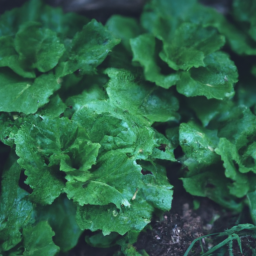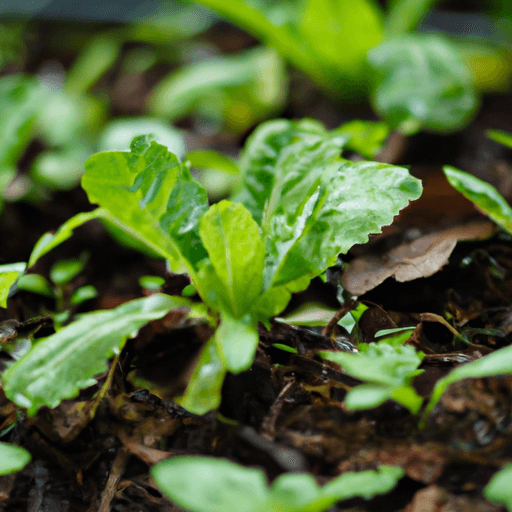398
Newsletter
Subscribe to our newsletter for exclusive content, latest news and trends, and exciting new features.
Categories
Gaming and esportsLifestyleBusiness and entrepreneurshipEnvironment and sustainabilityScience and natureFood and cookingLiterature and writingPets and animalsEducation and learningHome and gardenTravel and tourism
Beauty and personal careEntertainmentMusic and EntertainmentSports and fitnessTechnologyHealth and wellnessArts and culture



















Comments
Leave a Comment